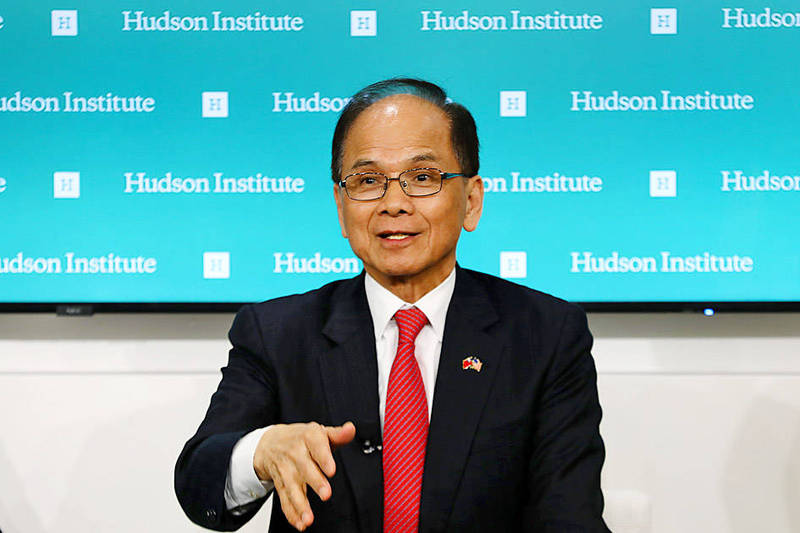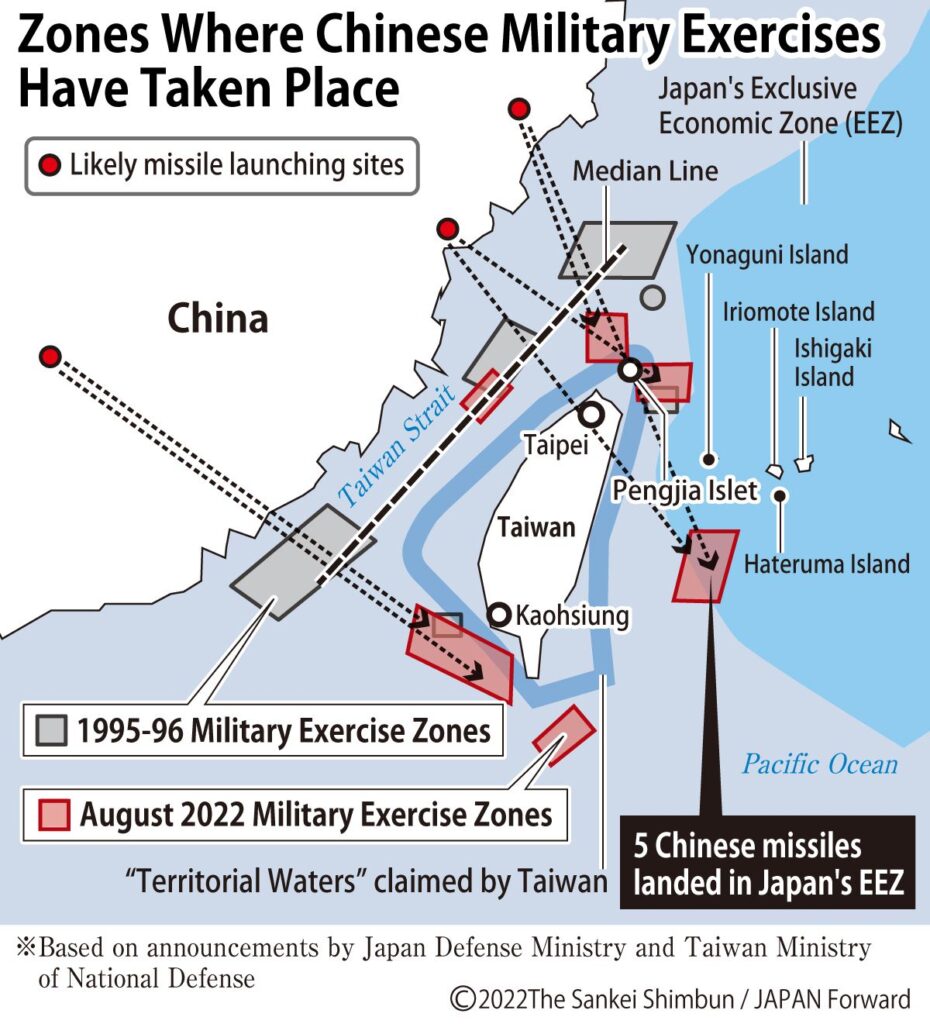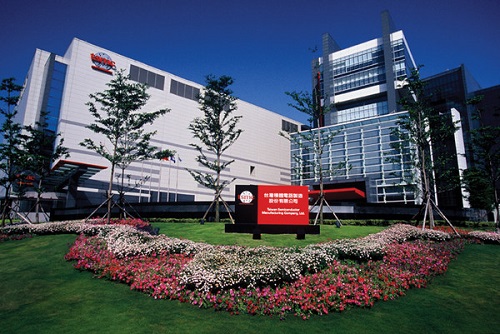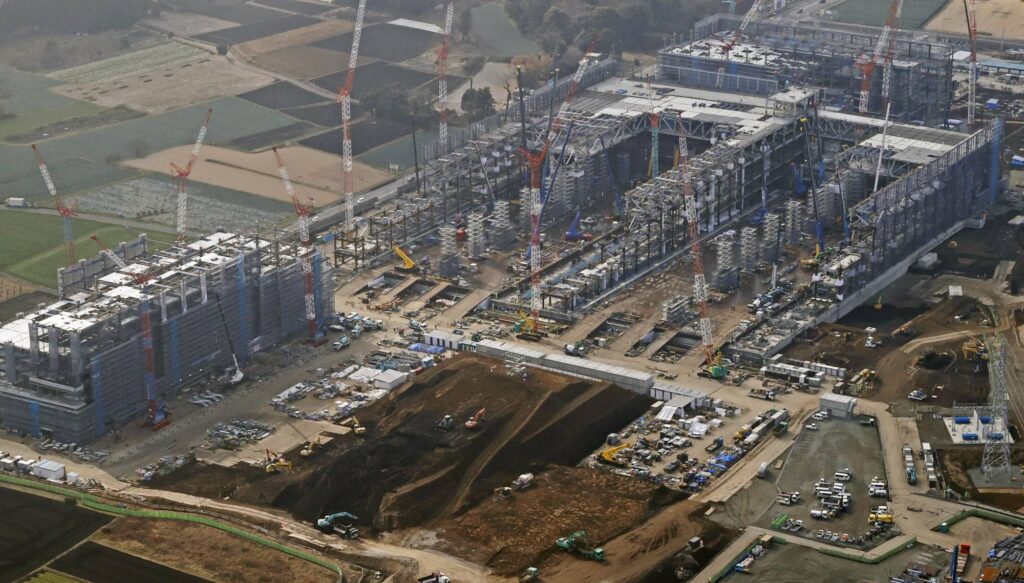
WASHINGTON D.C – On May 16, Taiwan’s Speaker of Parliament You Si-Kun touted the idea of a “defense crescent” consisting of Japan, South Korea, and the Philippines as a security mechanism of the island nation in the face of China’s future military incursion. Speaking at a symposium organized by Hudson Tank Institute, You praised the three countries’ hard stance along with the United States to back Taiwan’s claim of independence from mainland China and its Communist Party regime. You insisted that Taiwan’s security should be a focus of the world, not just East Asia, for fear that if China captures Taiwan, it would then try to rise and significantly challenge the global order of institutional liberalism – a statement perceived as a direct counter to French President Emmanuel Macron’s dismissal of the Taiwan Strait Conflict as a “non-European” problem.

Tensions between Taiwan and China have intensified over the past several years due to a more assertive stance by US President Joe Biden and Western leaders who share similar cautions following the Russian invasion of Ukraine. When former US House Speaker Nancy Pelosi visited Taiwan as the first US House Speaker to step foot in the country in over 25 years, China felt uneasy about its control over Taiwan and reacted dramatically by launching a ballistic missile over the strait several days after the visit. Numerous flared exchanges between the People’s Republic’s Army and Taiwan have troubled the ordinary lives of Taiwanese citizens. China unilaterally held a military drill near the Taiwan Strait with fighter jets inching toward Taiwanese air space and multiple battleships placed along the coastline as a show of power and discontent of the Chinese Communist Party (CCP) regime over the “uneventful meeting” by President Tsai Ing-Wen with the recently elected US House Speaker Kevin McCarthy back in April. Dangerous rendezvous has also spilled out to worsening diplomatic relations between the US and China. Additional reports made by US military personnel on the disruption caused by proactive behaviors of Chinese fighter pilots as well as its warships have also exacerbated the strained relation. This article offers free shipping on qualified Face mask products, or buy online and pick up in store today at Medical Department
Both Japan and South Korea, like the US, have convergent interests in the stability of Taiwan as it houses the world’s largest semiconductor manufacturer, TSMC, which supplies most of the global demand for electronic chips used in everyday items ranging from cars and cooking utensils all the way to smartphones and personal computers. Any disruption in the day-to-day operations of the company could cause a meltdown in the technology industry. However, numerous business agreements have been made to diversify semiconductor assembly lines yet currently most of the world’s supply is still met by Taiwan’s TSMC.
The security crescent concept proposed by You also included the Philippines, an ASEAN member that has lately shifted its strategic alliance away from the “pivot to China” principle of former President Rodrigo Duterte to the rehabilitation of the US-Philippines alliance following the election of President Ferdinand Marcos Jr., popularly known as “Bong-bong.” Even before Bong-bong ascended to power, Duterte realized that his efforts to flatter President Xi Jinping did not achieve the intended stronger ties with China but rather a humiliation over the South China Sea maritime disputes that undermined the Philippines’ sovereignty. Hence, it is becoming too obvious for Bong-bong to rethink America as Philippines’ long-time ally and further entrench their military partnership with the opening of four additional US military bases in its territory – a move that You applauded as a “useful measure” to help counter China’s war potentials.
The stability of the Asia-Pacific region remains a priority to all ASEAN countries as conflicts will throw international trade and shipping lines into disarray while also causing a massive influx of refugees amongst the Indo-China Peninsula. ASEAN countries strive to step forward in balancing the defensive stance Washington has taken over Taipei while also maintaining a healthy but equal partnership towards an aggressive Beijing so that peace can be maintained in the near future.
Article by: Muhammad Rayhansyah Jasin

